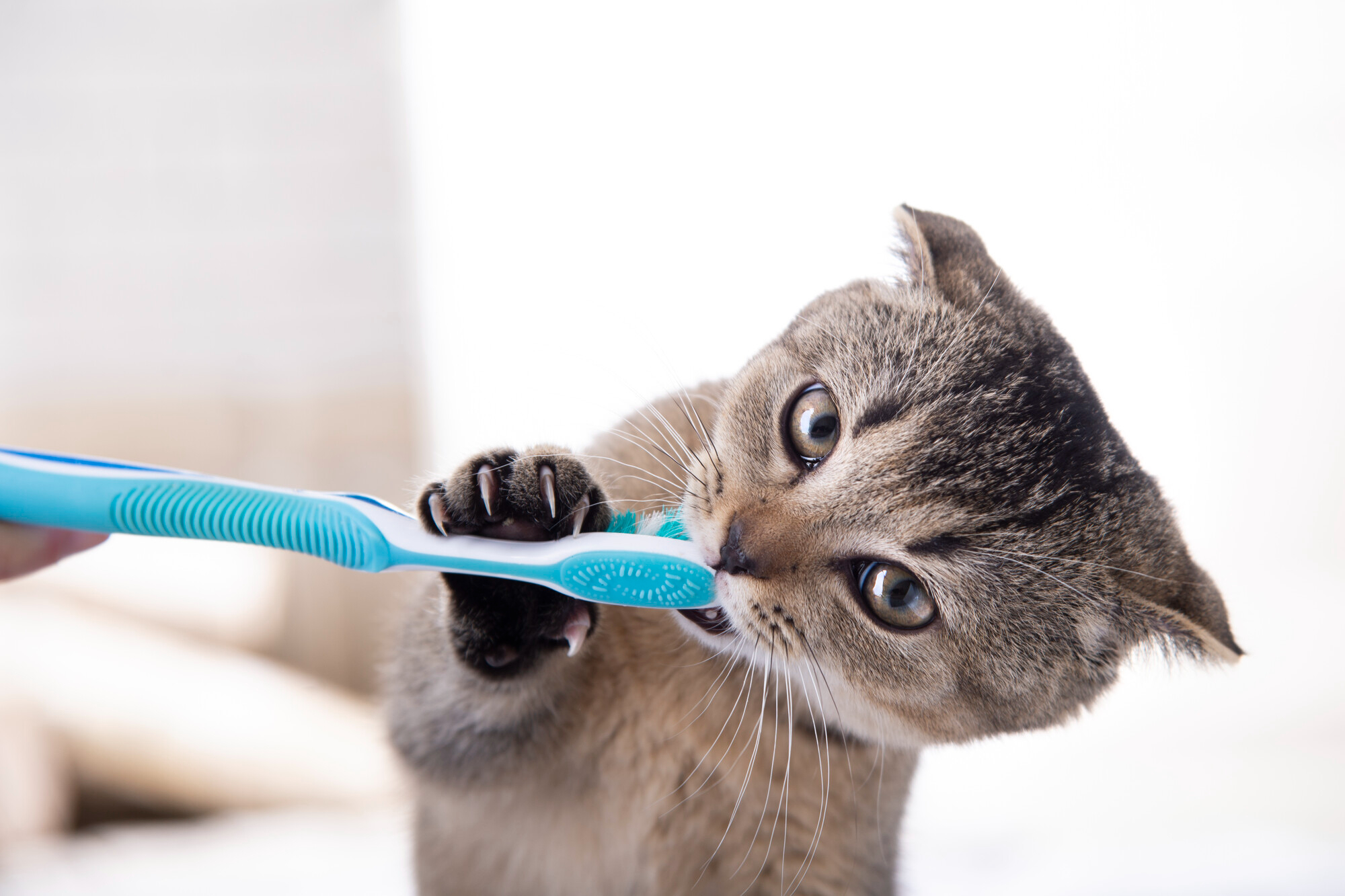As a pet owner, you naturally are always looking for ways to help your cat, dog, or rabbit live a long, safe, and healthy life. One of the best things you can do for your furry friend is to get into the habit of preventive, proactive pet care.
Pet care isn’t just a simple matter of taking your pet to the veterinarian once a year. In fact, vet visits are just one small part of ensuring a healthy life for your pet! With the right habits and approach at home, you can make sure your pet stays healthy year-round, helping their next vet visit end in good news. In this guide, we’ll go over five of the top benefits of practicing preventive pet care at home.
What is Preventive Pet Care?
Simply put, preventive (or proactive) pet care is the act of taking steps for your pet’s health before they’re needed. It’s the opposite of reactive care. For example, reactive care would be noticing that your dog has gained some weight, so you then switch them to a healthier type of food. This is obviously not ideal—it’s much easier to help a dog stay at a healthy weight than to encourage them to lose weight. The proactive approach would be to feed them healthy food (and encourage lots of exercise) from the beginning.
The good news is that you can get proactive about almost every single aspect of your pet’s health. These are the top benefits of keeping up with this essential practice.
Improved Oral Health
One commonly overlooked aspect of proactive pet care is dental health. Contrary to what some might say, your cat or dog needs regular teeth cleaning and overall dental care. Dental disease is an extremely common problem for pets to face, particularly as they get older. Left unchecked, this can lead to a myriad of problems, including periodontal disease, which may be linked to even greater issues like heart and kidney disease.
You can get proactive about oral health for your pet by ensuring you’re brushing their teeth as often as you can. We recommend doing it once a day if possible. You can supplement this with special treats designed to improve dental health.
Protection from Disease
Despite the availability of safe vaccines, many pets still suffer unnecessarily from diseases which are completely preventable. It’s strongly recommended that you keep up with vaccinations for your pet—your vet will be able to give you guidance on which ones are the most essential. These might include parvovirus, feline leukemia, rabies, distemper, canine influenza, bordetella, and many more.
A simple vaccination can protect your pet from these illnesses for years to come, so it’s wise to keep track of your pet’s shots (along with help from your vet), and ensure they’re always up to date.
Protection from Parasites
In tandem with preventive care for disease, it’s essential that you prioritize proactive treatment against common parasites that prey on pets. The big ones are worms—hookworms, tapeworms, etc. These can become serious conditions if left untreated in a pet, but they’re also completely preventable. We strongly recommend getting proactive about protecting your pet from these nasty parasites.
Beyond worms, there’s also the matter of fleas and ticks, particularly for dogs and cats that spend time outside. Prevention against these pests is a simple matter of topical or oral medication which usually needs to be administered just once a month. It’s a simple preventive process, but one that will help your pet stay safe, healthy, and comfortable.
Reducing the Risk of Chronic Pain
Whether it’s prioritizing exercise, a healthy diet, or simply being attentive to small changes in your pet’s behaviour, proactive care goes a long way in preventing issues that might cause ongoing pain for your furry friend.
Arthritis, for instance, can be very difficult to treat once it’s already presenting itself in your pet. However, it can be greatly mitigated by keeping up with a healthy, proactive lifestyle for your pet from the beginning. This includes diet and exercise to keep them at a healthy weight, and ensures they don’t have to suffer from pain later in life.
This step also goes hand-in-hand with regular vet exams. Your veterinarian will be able to check the aspects of your pet’s health that you can’t—this means things like organ health, checking on bones and joints, and even checking the skin for abnormalities. Between your proactive care at home and ensuring regular vet check-ups, you can protect your pet from the worst of ongoing pain later on.
Providing a Longer, Healthier Life, with Help from Your Vet
A big part of preventive care is to ensure your pet is regularly seen by a qualified veterinarian. They can use their extensive knowledge of animal care to catch issues before they become more serious, offer guidance on changes to make to ensure they’re healthy and happy, and provide diagnoses and treatments in case anything is wrong.
In general, the point of proactive care is to offer your pet a long and happy life. No one wants to see an animal suffering in pain, so it’s vital that you take steps today to protect them tomorrow. This goes for every type of care your pet may need, from managing their weight to keeping their mind stimulated with toys and quality time. If you keep up with proactive care throughout your pet’s life, you can ensure they live a long life and remain comfortable for its entirety.
Proactive care always begins in the home. From brushing their teeth to choosing healthy foods, the choices you make are by far the biggest factor in your pet’s health.
Creative Commons Attribution: Permission is granted to repost this article in its entirety with credit to Hastings Veterinary Hospital and a clickable link back to this page.






